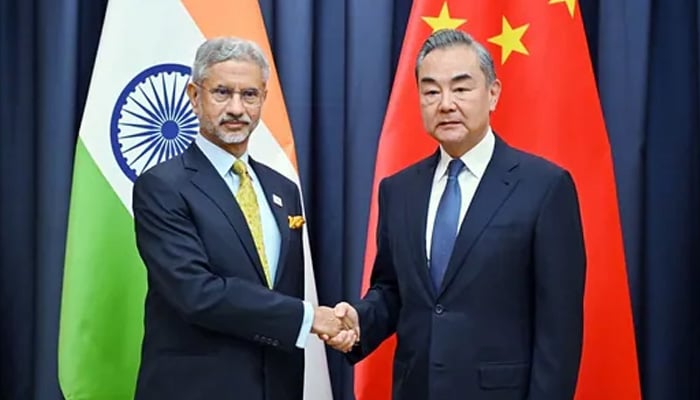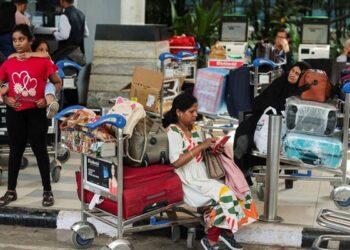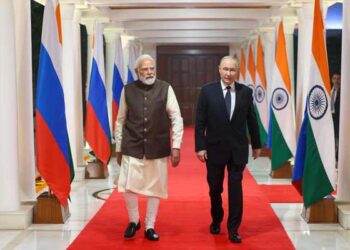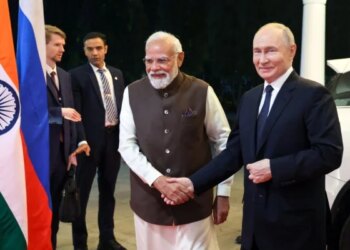Select Language:
- India calls for resolution of border disputes.
- Emphasizes the importance of avoiding trade barriers for mutual cooperation.
- Chinese Vice President stresses the need to acknowledge each nation’s concerns.
On his visit to Beijing, India’s Foreign Minister Subrahmanyam Jaishankar emphasized the need for India and China to ease tensions along their disputed border. He urged both nations to withdraw troops and refrain from imposing “restrictive trade measures” to restore relations.
This diplomatic visit marked Jaishankar’s first trip to China since 2020, following a violent confrontation that resulted in a four-year military standoff. Relations began to improve last October when both countries agreed to de-escalate.
During his meeting with Chinese Foreign Minister Wang Yi, Jaishankar noted that “significant progress” had been made in normalizing relations due to recent efforts to resolve border friction.
The poorly defined border stretches approximately 3,800 km (about 2,400 miles) and has been a source of dispute since the 1950s. The two countries fought a short but intense border war in 1962, and negotiations over the border issue have moved slowly over the decades.
Recently, Indian Defence Minister Rajnath Singh called for a “lasting solution” to the border dispute, signaling New Delhi’s renewed commitment to a definitive outcome.
Jaishankar stated, “We must now address other border-related issues, including de-escalation,” emphasizing that cooperation would thrive best if trade barriers and hindrances were eliminated. His remarks come amid concerns over China’s recent restrictions on key resources like rare earth minerals and machinery needed for high-tech manufacturing.
Despite possessing the fifth-largest reserves of rare earth elements, India’s domestic production capabilities remain limited.
Jaishankar’s visit is tied to a Shanghai Cooperation Organisation foreign ministers’ meeting, during which he also spoke with Chinese Vice President Han Zheng. According to Xinhua, Han remarked that both countries should work to enhance practical cooperation while respecting each other’s concerns.







